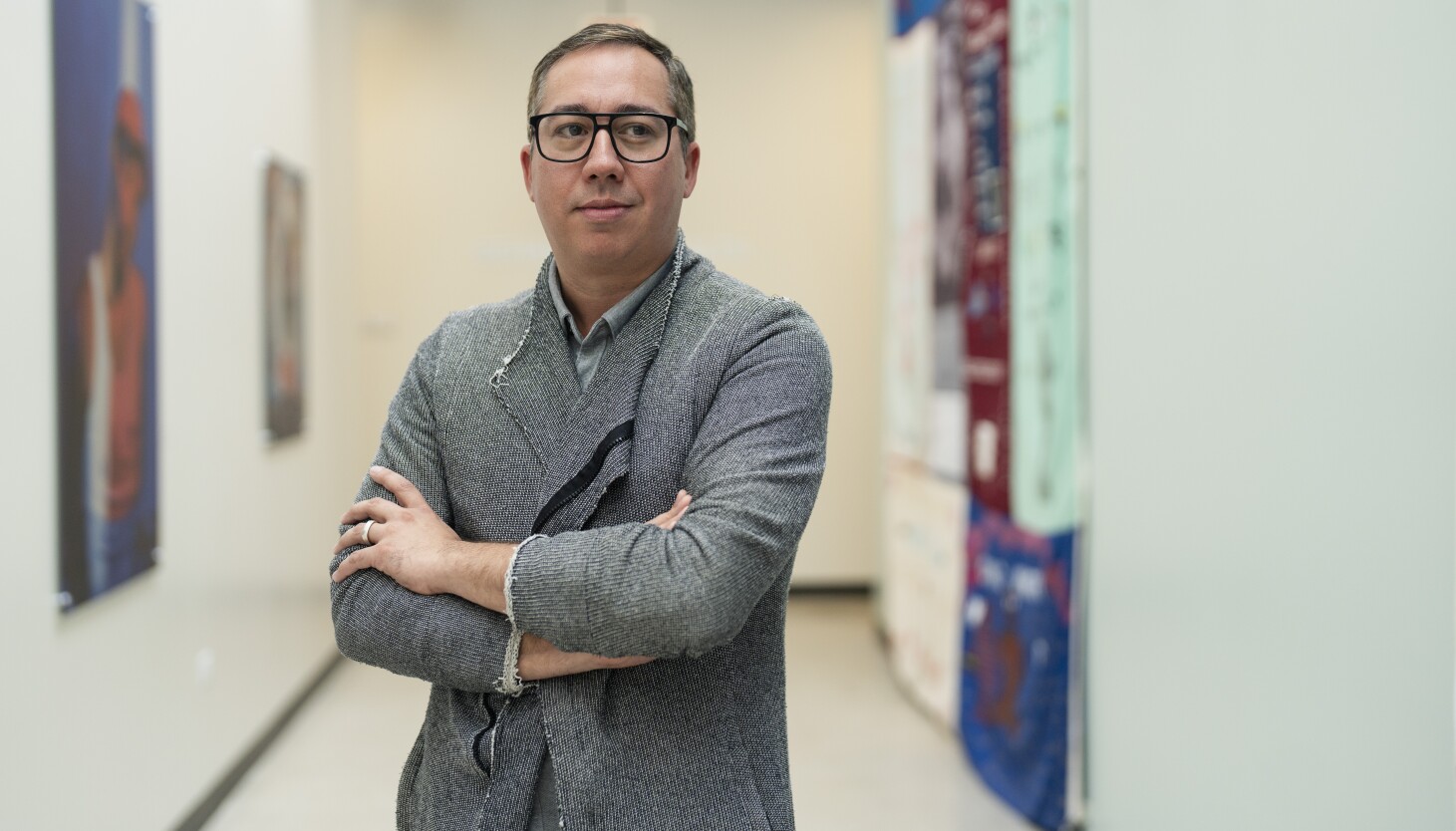
How does a trans person changing their name help fight the spread of HIV infection?
The answer is simple: Studies find that a person whose ID lines up with their current gender identification is more likely to successfully navigate the complexities of health insurance than someone whose driver’s license seems to show a different person.
So instead of, say, taking hormones offered by a friend, maybe using a shared needle that can transfer blood born illnesses like HIV, they will get medication from a pharmacy, along with a clean needle.
Of course, this is not a concern to a federal government that doesn’t want trans citizens to serve in the military, never mind have their medical needs addressed.
Neither is it a concern for a government that doesn’t want to pay for research into children’s vaccines, let alone take into account the unique demands of being a person born to a gender they cannot happily live with.
But it is a concern to Dr. Brandon Hill, co-author of the aforementioned study of how name change affects the well-being of Black trans women, and president and CEO of Vivent Health, which began 40 years ago as the AIDS Resource Center of Wisconsin, and now is one of the nation’s largest providers of HIV healthcare and social services.
“HIV stigma is still a real issue in Chicago,” Hill said, in the lobby of Vivent’s bright, airy, art-filled and meticulously clean Edgewater clinic on Broadway. “Even as an acceptable chronic disease, there are still challenges in getting the care that they need.”
Has the shift in government policy away from learning stuff and helping people affected front line caregivers like Vivent Health?
“A little bit,” Hill said. “Of course, the changes in government and government policy don’t often take an immediate effect. So we’re planning for things that roll out in 2027. It will both impact the organization but also impact the client base, covered by Medicaid and Medicare.”
If mention of Medicare surprises, remember HIV infection is not longer just a young person’s concern. People with HIV have been surviving since the introduction of antiretroviral therapy in the 1990s. Vivent has a client who is 90.
Whether those living with HIV can continue to age depends, in part, on whether networks like Vivent manage to stay afloat during the anti-Black, anti-trans flood.
In August, President Donald Trump issued an executive order “Improving Oversight of Federal Grantmaking” that denies federal money to research directed at a specific race or acknowledging the existence of non-binary people.
“A lot of the grants that were frozen included language like ‘HIV outreach for transgendered people,’” Hill said. “Because of the executive order, we can’t give you money if that’s what you’re going to do. It created this weird limbo.”
But science, like water, finds a way, and skilled grant writers are already accustomed to jumping through hoops.
“A lot of folks ended up having to despecify the work — I call it ‘neutralizing,’” Hill said. “So while you might have had a grant for ‘HIV testing for LGBTQ youth,’ you just have a grant for ‘HIV testing for youth.’ Those type of maneuvers that are made to comply with the executive order actually make it … almost not legible to the individuals who need it.”
Which is kind of the point.
Hill was recently named president of the International Academy of Sex Research, and as an organization whose very name contains two concepts in the cross hairs of conservatives — sex and research — I wondered how that was faring. In July, Hill presided over the group’s annual conference in Portland, Maine.
“We know researchers in Ukraine that are not able to keep up their work,” he said. “We know of a few granted-funded programs that were LGBTQ in Russia that have been kicked out of the country. Poland is another.”
Not company we want to be in. Is there a danger the United States will lose its preeminence as a scientific research powerhouse?
“I think it’s already happening,” Hill said. “We just held the meeting in July and though it was a wonderful meeting, we had plenty of individuals whose countries are not recommending they travel to the U.S., and won’t allow them to use the institution’s funds to travel to the U.S. We did notice a decrease in international attendees. It was mostly U.S. researchers, and even the U.S. researchers were concerned about traveling because their NIH funds have been frozen.”
History teaches us the pain inflicted on marginalized groups has a tendency to bounce back and injure the general population. Just because people of color and LGBTQ citizens are in the cross hairs now, doesn’t mean they are the only ones who will be hurt.



